This week’s guest blog post comes from Sydney Ross Singer, Medical Anthropologist and Director of the Institute for the Study of Culturogenic Disease. Sydney discusses the recent media headlines that reported that two-thirds of cancers are a result of “bad luck”.
 When a single medical study is trumpeted around the world as “truth”, you can be sure you are dealing with marketing and not medicine.
When a single medical study is trumpeted around the world as “truth”, you can be sure you are dealing with marketing and not medicine.
A recent study announcing that two-thirds of all cancers are just a matter of “bad luck” has made its marketing rounds, with the conclusion that all we can do to deal with our rogue mutated cells is to go to the doctor for early detection and treatment. (Variation in cancer risk among tissues can be explained by the number of stem cell divisions, Science 2 January 2015: Vol. 347 no. 6217 pp. 78-81).
Of course, this is good for the cancer detection and treatment industry. If cancer is out of our control, unrelated to lifestyle and genetics but merely a chance event, then you need repeated and thorough cancer screening throughout your life.
You can see why this one study has been embraced by media worldwide. Media, after all, is about selling products and services, just as the Internet is paid for by ads. Here they are selling cancer services.
However, if you step back from the hype, you can see a clear flaw in the conclusion of this study.
Essentially, the study asserts that tissues with higher rates of stem cell activity have higher rates of random mutations. Stem cells are the progenitor cells of the tissues. Tissues that have higher rates of turnover than other tissues have more frequent stem cell divisions which increase the likelihood of more cellular reproduction errors.
Some of these errors can cause the cells to reproduce excessively, resulting in tumour development and cancer. This sounds reasonable on the surface. However, it ignores part of the equation.
The body has a mechanism responsible for managing cellular mutations and killing these rogue cells. That part is the immune system.
Cancer cells are not normal, healthy cells, and the immune system recognizes these cells as defective and attacks and destroys them. This happens all the time, except when there is some immune system problem that allows these defective cells to continue reproducing. At that point, the mutated cells reproduce and grow, resulting in cancer.
This means that random mutations may cause a stem cell to go rogue. But a poorly responding defense system allows that rogue cell to develop further into cancer.
If we had no immune system mechanism for fighting mutated cells, then you would expect that there would be a direct correlation between stem cell reproductive rates, mutation rates, and the ultimate development of cancers.
However, if we had a perfectly operating and robust immune defence system, where every mutated cell was destroyed, you would expect that mutated stem cells would be killed before they could develop into cancers. There would then be no correlation between stem cell division rates and cancer incidence in those tissues. In fact, there would be no cancer at all.
In other words, stem cell random mutations don’t cause cancer. Immune system dysfunction causes cancer.
 While the study did not look at breast tissue, we can see this role of the immune system in the development of breast cancer. It has to do with impairment of a central component of the immune system, called the lymphatic system.
While the study did not look at breast tissue, we can see this role of the immune system in the development of breast cancer. It has to do with impairment of a central component of the immune system, called the lymphatic system.
The immune system consists of cells which fight disease and infection, the organs which produce and activate these fighting cells, and a lymphatic system through which these cells travel throughout the tissues. A problem with any aspect of the immune system can result in a reduced resistance against disease, including cancer.
When it comes to breast cancer, the immune system is impaired by constriction of the lymphatic system caused by the cultural habit of wearing tight bras for long periods of time every day. The lymphatic system consists of extremely thin tubules which passively drain lymph from tissues. These are easily compressed by the pressure of a bra.
 Compression from the bra is apparent by the red marks and indentations in the skin. This pressure result is chronic fluid accumulation in the breasts, as the lymph fluid that bathes the cells is prevented from properly flushing out of the breast. This increases the toxin load in the tissue, reduces oxygen availability, impairs tissue repair and maintenance, and increases stem cell mutation rates.
Compression from the bra is apparent by the red marks and indentations in the skin. This pressure result is chronic fluid accumulation in the breasts, as the lymph fluid that bathes the cells is prevented from properly flushing out of the breast. This increases the toxin load in the tissue, reduces oxygen availability, impairs tissue repair and maintenance, and increases stem cell mutation rates.
Constriction of the breasts also reduces the ability of immune cells to fight infections and cancers within the tissue. White blood cells cannot function properly in stagnant, low oxygenated, congested, and toxic tissue.
Numerous studies have confirmed the link between breast cancer and wearing bras. In fact, it has been shown that bra-free women have about the same incidence of breast cancer as men, and the longer and tighter the bra is worn the higher the incidence rises, increasing over 100 times for 24/7 bra users compared to bra-free women. (Seehttp://www.killerculture.com/breast-cancer-is-preventable/)
Unfortunately, this information does not create a market for products and services. Indeed, it challenges the multi-billion dollar lingerie industry, as well as the cancer detection and treatment industry.
In a world where media exists to sell products and services, information that challenges the sales of products or services is ignored. Hence, news about the bra-cancer link has been suppressed and censored for the past 20 years. If the goal of media was to improve the human condition, the bra-cancer link would have been extensively publicized long ago.
But one study on the bra-cancer link was recently publicized worldwide, with similar fanfare as the “bad luck” cancer study. Not surprisingly, the study concluded there was no link. While the study admitted it was flawed by not including bra-free women, along with other problems, it was heralded as the final word on the issue. The conclusion, of course, was the typical sales pitch promoting early detection and treatment.
Of course, early detection and treatment of cancer mean you still get cancer. But when prevention is considered naive and futile, and cancers are considered just “bad luck”, there is nothing you can do but make an appointment for medical tests to see if you have cancer, and then treat it once you do.
Most cancers are not “bad luck”. They are bad immunity. If we are to discover the causes of various cancers, we must look at the reasons why the immune system is being compromised, allowing mutated cells to develop into cancer.
Of course, if any of these discoveries do not result in increased sales of a product or service, you will not hear about them. What you will hear about is any study, even if it is flawed, that concludes that you are helpless to prevent disease and that all you can do is rush to the doctor for early detection and treatment.
It’s not about health. It’s about money. That’s not bad luck, just bad medicine.
The Lake Foundation would like to thank Sydney Ross Singer for his guest blog piece which was first published on 7th January here. If you have any questions or comments please do leave them below in the comments section.








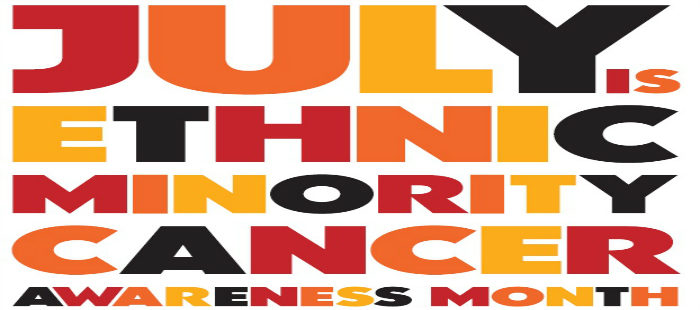
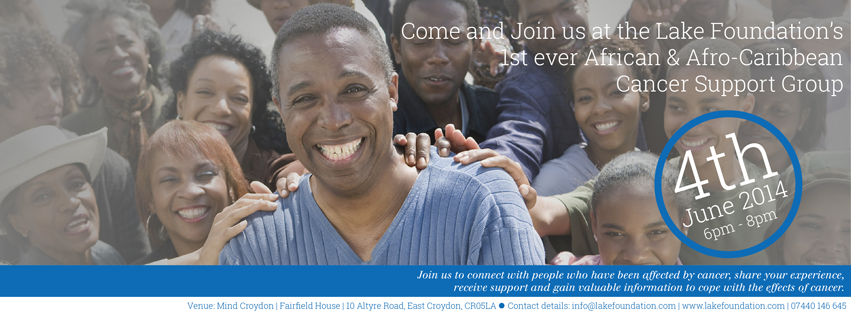
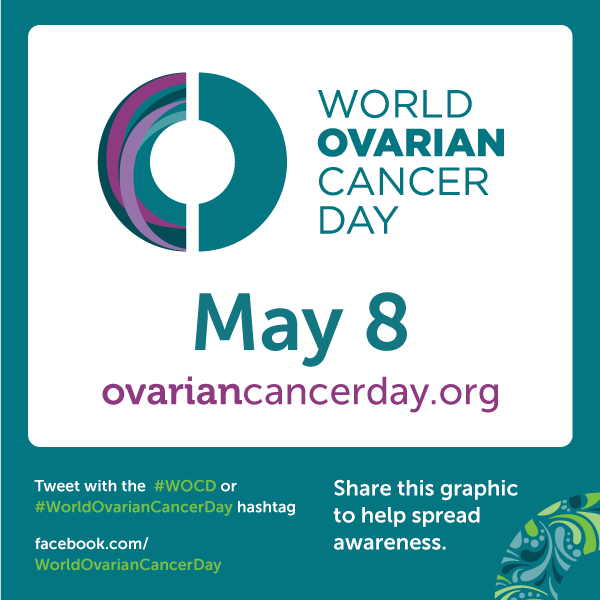

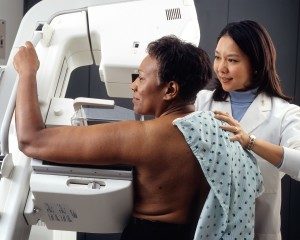

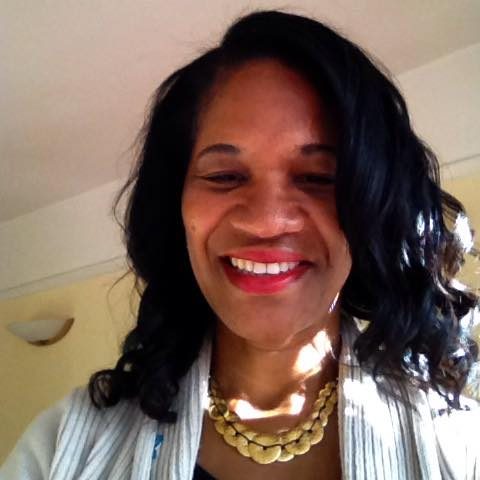

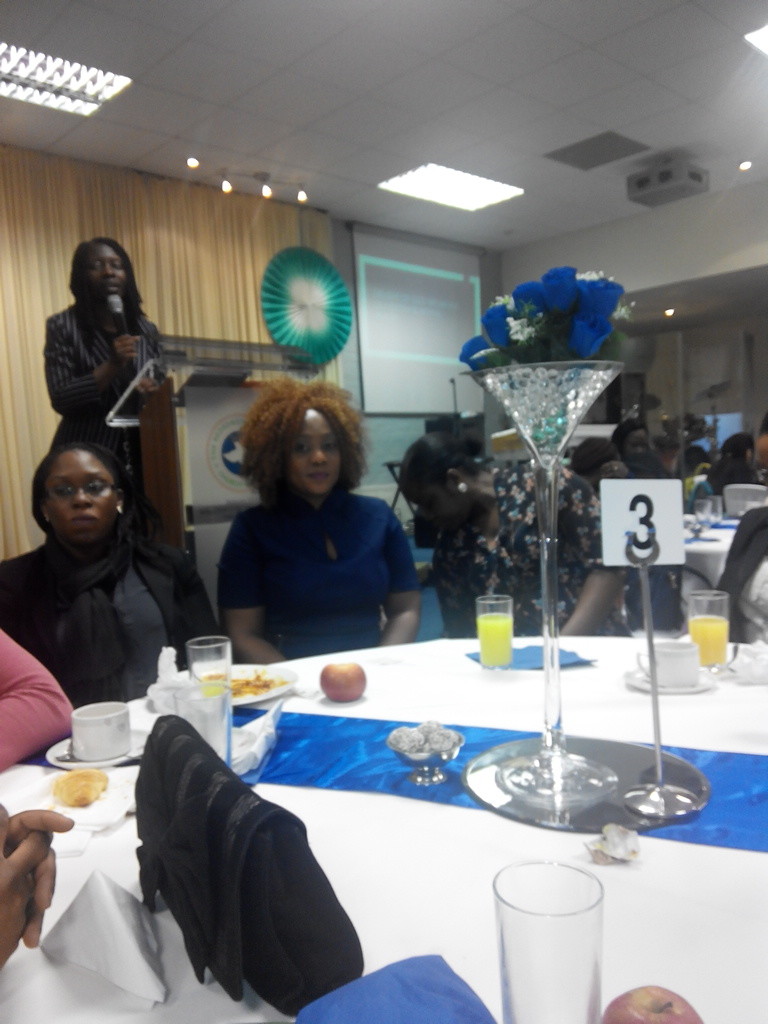
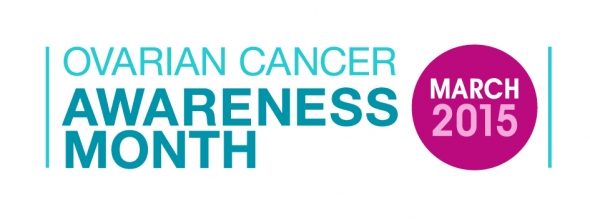

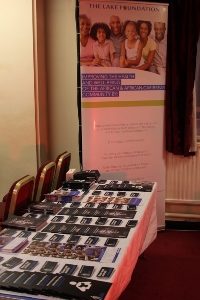

 When a single medical study is trumpeted around the world as “truth”, you can be sure you are dealing with marketing and not medicine.
When a single medical study is trumpeted around the world as “truth”, you can be sure you are dealing with marketing and not medicine.
 Compression from the bra is apparent by the red marks and indentations in the skin. This pressure result is chronic fluid accumulation in the breasts, as the lymph fluid that bathes the cells is prevented from properly flushing out of the breast. This increases the toxin load in the tissue, reduces oxygen availability, impairs tissue repair and maintenance, and increases stem cell mutation rates.
Compression from the bra is apparent by the red marks and indentations in the skin. This pressure result is chronic fluid accumulation in the breasts, as the lymph fluid that bathes the cells is prevented from properly flushing out of the breast. This increases the toxin load in the tissue, reduces oxygen availability, impairs tissue repair and maintenance, and increases stem cell mutation rates.